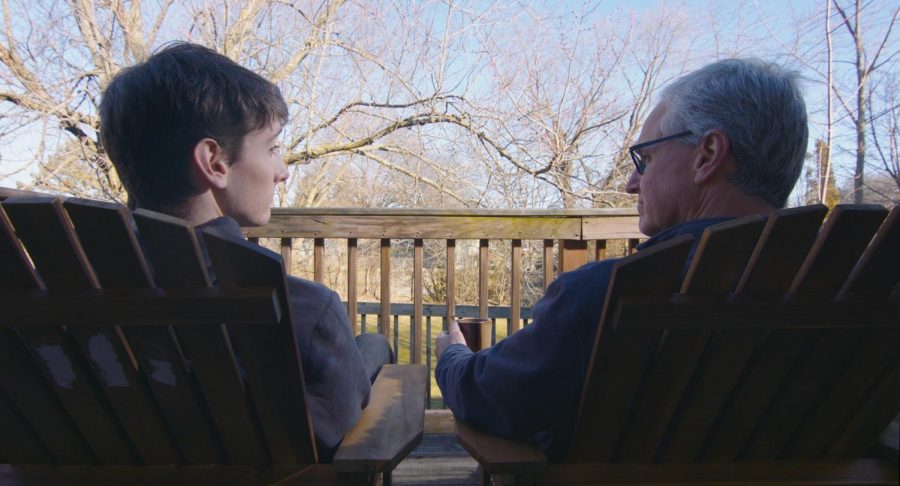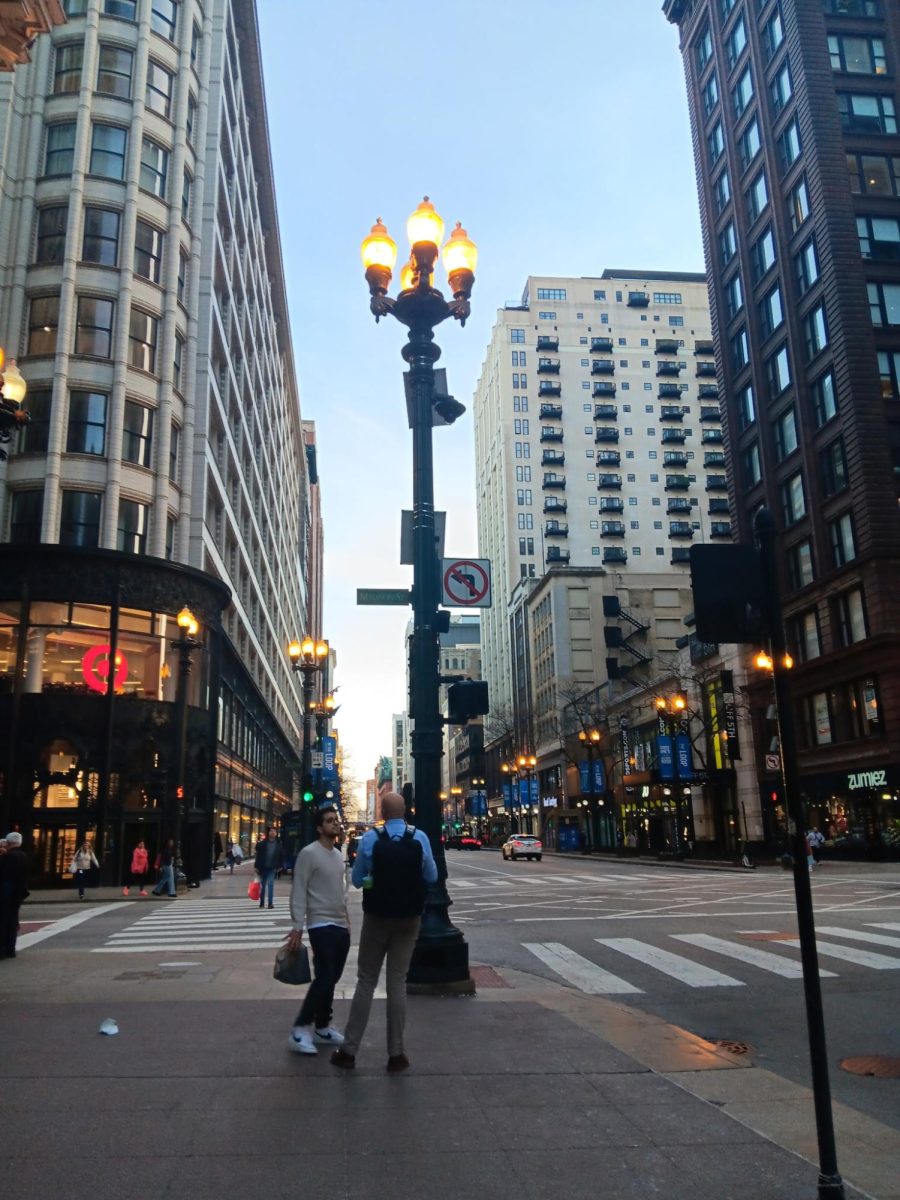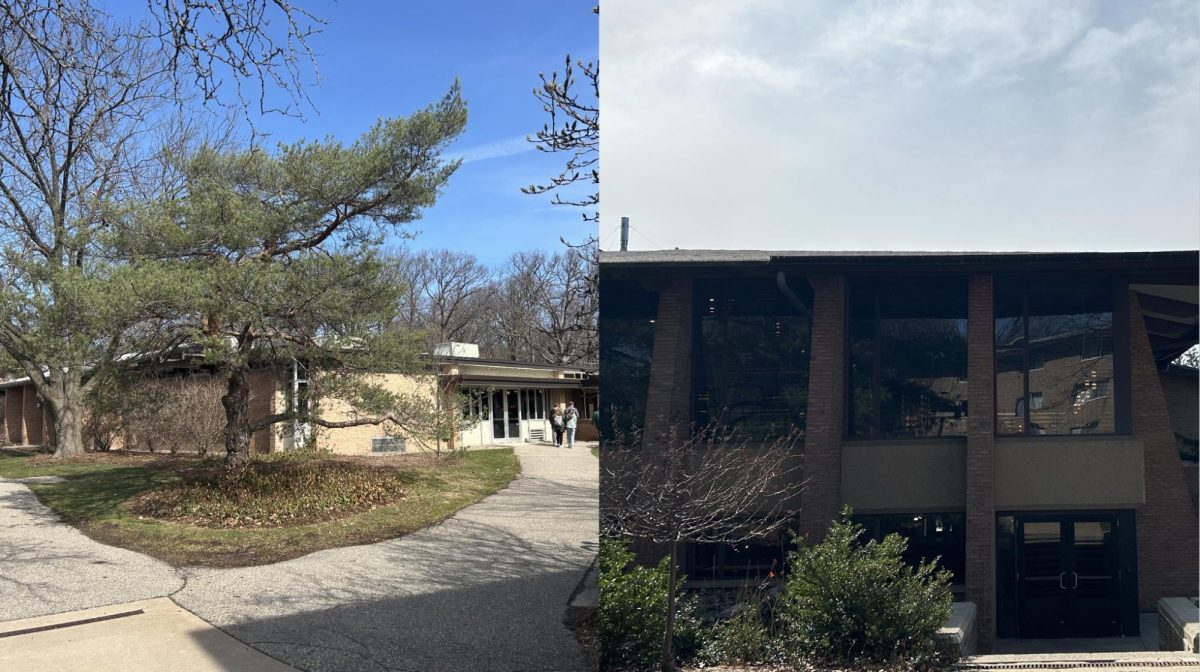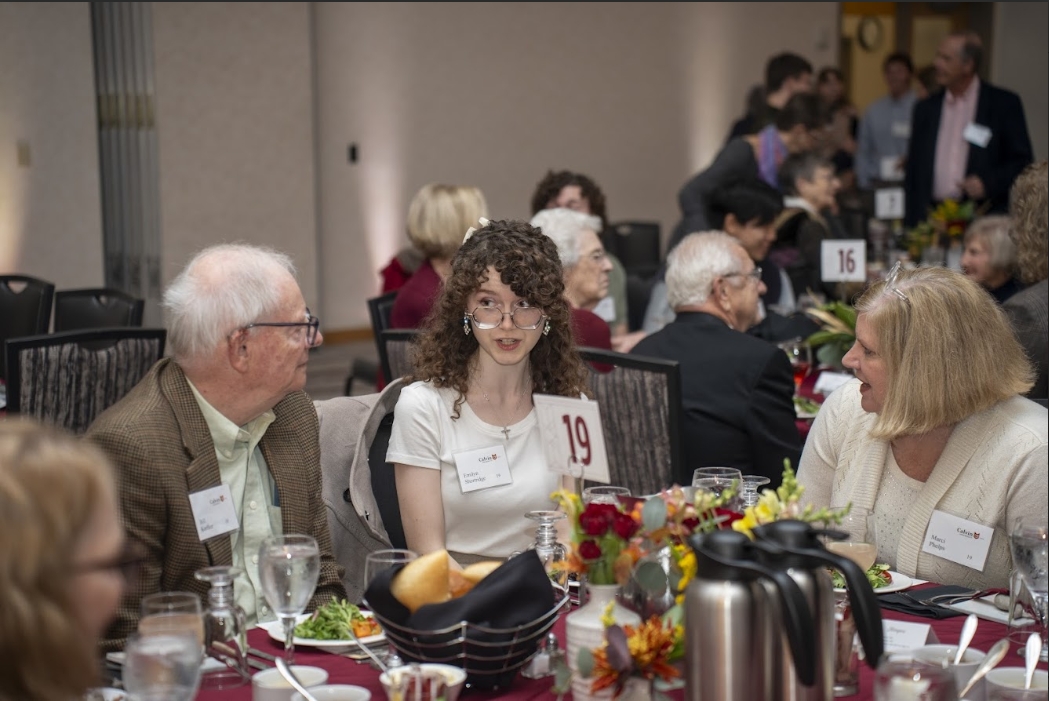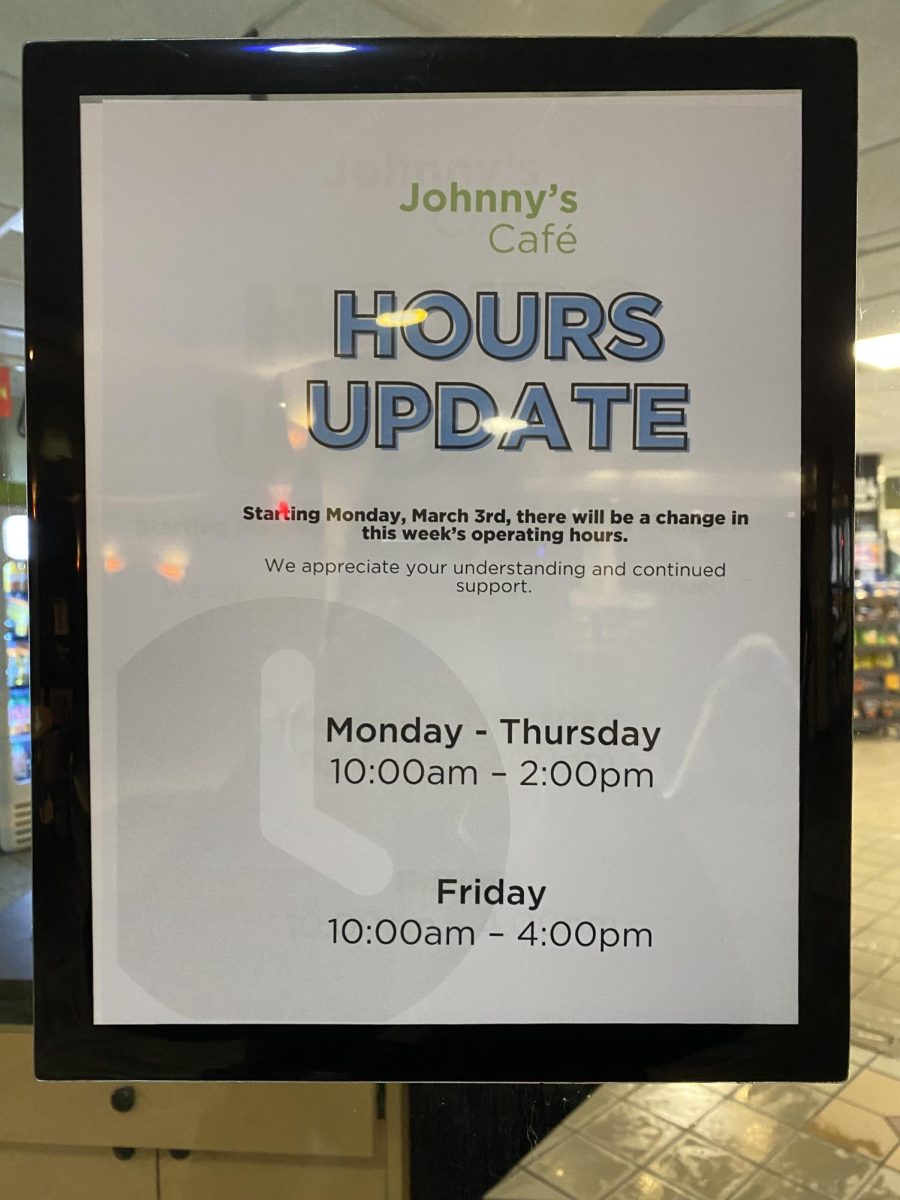This fall, Josh Samarco stepped into a new role as director of the Center for Intercultural Student Development (CISD). Samarco, who previously worked in admissions helping with DEI strategy, first heard about Calvin through a good friend who is a pastor. Chimes spoke with Samarco about his work mentoring students and encouraging an intercultural community at Calvin.
This interview has been edited for length and clarity
Chimes: What made you want to come work over here since you’d already been working at Calvin? What made you want to make that transition?
Samarco: At 17 years old, God rescued me and he gave me a really great mentor… And I prayed, “God, if you ever saw fit for me to walk alongside young people or emerging young adults, I would love to do that,”… so over the past 13 years, I’ve invested my life in walking alongside youth and young adults. When I saw the opportunity here, for me, it was a no-brainer. I prayed and hoped that Calvin saw fit on the other side.
Chimes: What’s your job description, and what are the key parts of that role at Calvin?
Samarco: A lot of my role is vision casting, outward facing, but more so, pouring into my team that helps replicate the mission of CISD, which is walking alongside students from all different populations: international, domestic, BIPOC, first-generation students.
Chimes: How many students do you say you work with on average?
Samarco: I don’t know a particular number, because some of the work we do, I would say, is a bit seasonal, which means we’ll do orientation or welcome week, which is for international [students and] domestic BIPOC…domestic BIPOC this year was around maybe 80 students, international was close to 160, so given that week, that’s over 200 plus students. And then we have our Unlearn week …we may have a couple hundred students come through some of the programming for that. So it kind of depends. Every week looks a little bit different.
Chimes: What would you say is the most interesting part of your job?
Samarco: The most interesting part is, I would say, learning students’ stories. Because when you have international students, first-generation students, domestic BIPOC students, there are so many beautiful, unique stories: students that come from all around the world, different cultures, missionary students, as we say, PKs, pastor kids. When I get to listen to their stories, I find them very, very unique and also very rewarding, because even though everybody has a different story there’s a lot of similarities when we listen intently.
Chimes: What is your favorite thing about the job so far?
Samarco: I would say spending time with the students and seeing how they navigate Calvin, navigate Grand Rapids, navigate the emerging into young adulthood. That is very fun because even though I’m a few years removed from college, I’m still close enough to remember the ins and outs and the struggles and also the fun that you get to have. So that is an interesting journey that I get to have the privilege of being a part of every single day here at Calvin.
Chimes: What are your personal goals for your time at Calvin? More long term, what are you planning on accomplishing?
Samarco: A lot of what I’ve been praying for if God decides to continue to allow me to be a part of higher education is potentially one day serving some type of role as a dean of students. Like I said, I’ve been committed to walking along those high school students for 13 years, so I would say a personal goal is to continue to grow in my leadership development and my spiritual formation so that I can be equipped to continue to do the work that I’m doing. And then I’m working on a second master’s, and then hopefully one day I’ll get a PhD as well.
Chimes: Is there anything else you would like to share?
Samarco: “I deeply believe God has a unique purpose for Calvin. Calvin is in a unique position because of the diversity that we have on campus in the way that we can continue to be a model for other universities and other Christian universities out there who desire to see multicultural, transcultural relationships and cross-students work, I deeply believe that uniting diversity is the way to go and it’s hard work but it’s good work, it’s necessary work and I trust and believe that I am going to continue to do something beautiful here with the student body that we have.








